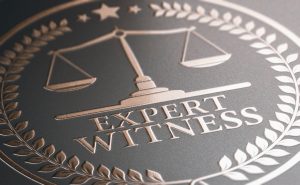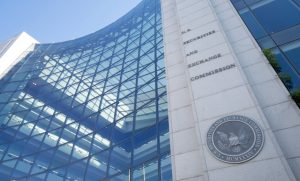Can you please provide a basic overview of securities fraud and the forms it can take?
Securities fraud, also referred to as stock or investment fraud, is a type of serious white-collar crime that can be committed in a variety of forms but primarily involves misrepresenting information investors use to make decisions.
Examples of securities fraud include Ponzi schemes, pyramid schemes and late-day trading. Securities fraud can also include false information, pump-and-dump schemes, or trading on insider information.
What are the key laws concerning securities fraud in your jurisdiction?
While always actionable under common law fraud, Congress, the Securities and Exchange Commission (SEC) and states provide for criminal and civil liability for securities fraud.
The broadest federal anti-securities fraud measure is Rule 10b-5, promulgated under Section 10(b) of the Exchange Act of 1934. Under Rule 10b-5, individuals may be civilly liable if the plaintiff establishes the following elements: (1) that the individual misrepresented a material fact; (2) that the individual did so knowingly, i.e. scienter; (3) that the plaintiff relied on the individual’s material misrepresentation; and (4) that the plaintiff’s reliance on the material misrepresentation caused their loss. If the SEC establishes those elements, then the individual may be criminally liable.
Additionally, issuers who misrepresent materials facts in a registration statement can be civilly liable under Section 11. Unlike Rule 10b-5 liability, which requires knowledge of the misrepresentation, Section 11 imposes strict liability on issuers. That is, regardless of whether issuers know of material misrepresentations, they could still be liable for securities fraud if their registration statement contains a material misrepresentation.
Given that securities fraud is often based on the peddling of false information, how do you go about calculating its economic damages?
Typically, that involves determining two factors:
- Stock price inflation caused by the misinformation, multiplied by
- The shares affected by the stock price inflation.
For stock price inflation, a statistical technique known as an event study is typically conducted at the time the misinformation is revealed to be false. For shares affected, there are several different types of models used to estimate how many shares were purchased during the stock price inflation period and held until after the revelation of the misinformation.
So, for example, if it is determined that stock price inflation was $2 per share and that 2 million shares are affected, total damages would be $4 million.
Securities fraud ... can be committed in a variety of forms but primarily involves misrepresenting information investors use to make decisions.
What skills and technologies do you draw upon as part of this process?
Most importantly, research skills – meaning the ability to perform an independent analysis that is scientifically accepted, outlining all assumptions needed to perform a reasonable economic estimate. Specifically, this includes deep knowledge of statistics, econometrics, financial modeling, valuation and accounting.
As an expert witness, how do you help parties and counsel to understand this process?
First, it is important to simplify technical analyses into a form the non-technical person will understand. After explaining how damages will be calculated at a very high-level and using non-technical terminology, we then get into the details and technical nuances. For example, we first explain how stock price inflation due to misinformation is calculated, then we explain that we need to determine shares affected and how those can be estimated.
Once we have agreement on the approach in general, we then describe the reason for some of the technical factors that come into play. At DMA Economics, we believe in providing rigorous analysis that is clearly communicated.
Are there any common misconceptions about your work that you would like to dispel?
The idea of experts as hired guns or advocates for their clients. The best experts are independent and objective.
[ymal]
Do you foresee any legislative changes regarding securities fraud legislation in the near future?
The current laws have been used for almost 90 years, so I think it is more a matter of enforcement and issues like who is appointed to head the SEC. On this I have no prediction other than to note that enforcement seems to be stronger when Democrats are in charge.
Dr Donald May, Managing Partner
4 Lynwood Ct Cortlandt Manor, NY 10567
Tel: +1 212-390-0595
Dr Donald May is a former MIT finance professor with a wealth of experience in testifying, as a world-leading expert on the valuation of damages. Possessing over 30 years’ worth of experience in the field, Dr May provides consulting, valuation and litigation support in addition to a broad range of damage analyses and valuations for all kinds of businesses.
DMA Economics works on behalf of plaintiffs and defendants to calculate damages in high-stakes commercial litigation. Damage calculations may relate to securities fraud, product defects, theft of trade secrets or business interruption, among other areas. The team’s past clients have included billion-dollar investment funds under SEC investigation and SMEs concerned with the impact of potential litigation.





















